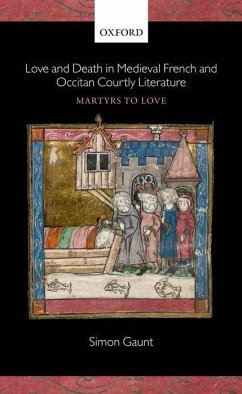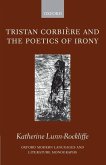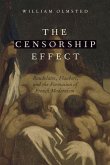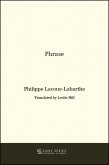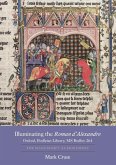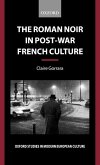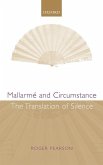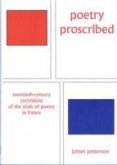This book seeks to explore what is at stake in medieval literature's preoccupation with love's martyrdom. Informed by modern theoretical approaches, particularly Lacanian psychoanalysis and Jacques Derrida's work on ethics, it offers new readings of a wide range of French and Occitan courtly texts from the twelfth and thirteenth centuries, and argues that a new secular ethics of desire emerges from courtly literature because of its fascination with death. This book also examines the interplay between lyric and romance in courtly literary culture and shows how courtly literature's predilection for sacrificial desire imposes a repressive sex-gender system that may then be subverted by fictional women and queers who either fail to die on cue, or who die in troublesome and disruptive ways.
Examines the association of love and death in medieval French and Occitan courtly literature using an approach informed by Lacanian psychoanalysis and Jacques Derrida. Offers new readings of canonical authors and texts, including Bernart de Ventadorn, Jaufre Rudel, Chrétien de Troyes, Thomas's Tristan, the Prose Lancelot, the Tristan en prose, La Mort le roi Artu, Marie de France, Le Chastelaine de Vergy, Le Castelain de Couci, and Le Roman de la Rose.
Hinweis: Dieser Artikel kann nur an eine deutsche Lieferadresse ausgeliefert werden.
Examines the association of love and death in medieval French and Occitan courtly literature using an approach informed by Lacanian psychoanalysis and Jacques Derrida. Offers new readings of canonical authors and texts, including Bernart de Ventadorn, Jaufre Rudel, Chrétien de Troyes, Thomas's Tristan, the Prose Lancelot, the Tristan en prose, La Mort le roi Artu, Marie de France, Le Chastelaine de Vergy, Le Castelain de Couci, and Le Roman de la Rose.
Hinweis: Dieser Artikel kann nur an eine deutsche Lieferadresse ausgeliefert werden.
